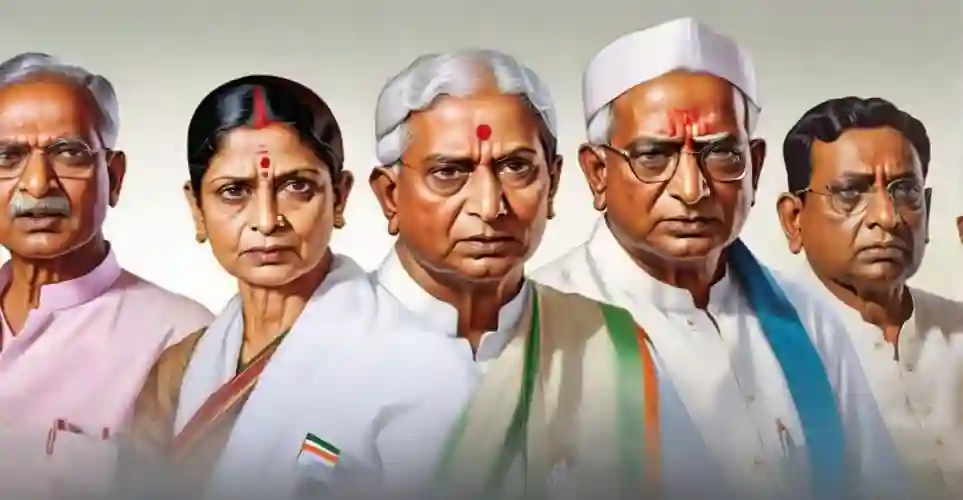Introduction
The Indian National Congress, commonly known as the Congress Party, is one of the oldest and most influential political parties in India. Established in 1885, it has played a pivotal role in shaping the country’s history and politics. Over the years, the party has witnessed numerous ups and downs, adapting and evolving to meet the changing needs and aspirations of the Indian people.
Historical Significance
The Indian National Congress emerged during the British colonial era as a platform for Indians to voice their grievances and demand political reforms. Led by prominent leaders like Dadabhai Naoroji, Surendranath Banerjee, and A.O. Hume, the Congress initially focused on seeking greater representation for Indians in the British government.
However, as the Indian independence movement gained momentum, the Congress transformed into a mass-based political party advocating for complete independence from British rule. Under the leadership of Mahatma Gandhi, the Congress adopted non-violent resistance as its primary strategy, mobilizing millions of Indians in the struggle for freedom.
Post-Independence Era
Following India’s independence in 1947, the Indian National Congress became the dominant political force in the country. Jawaharlal Nehru, one of the key leaders of the independence movement, became India’s first Prime Minister and led the Congress to implement a socialist and secular vision for the nation.
During Nehru’s tenure, the Congress initiated various progressive policies, including land reforms, the establishment of public sector industries, and the promotion of scientific and technological advancements. However, the party also faced challenges, such as linguistic and regional tensions, which led to the creation of new states based on linguistic lines.
Political Evolution
Over the years, the Indian National Congress has witnessed several phases of evolution and transformation. The party has seen both periods of dominance and periods of decline. In the 1970s, under the leadership of Indira Gandhi, the Congress faced internal divisions and declared a state of emergency, which led to a temporary suspension of democratic rights.
However, the Congress Party has managed to bounce back and regain power at various intervals. It has played a crucial role in coalition governments and has been instrumental in shaping key policies in areas such as economic liberalization, social welfare, and foreign relations.
Current Scenario
In recent years, the Indian National Congress has faced challenges from emerging political parties and a changing political landscape. The party has been striving to regain its lost ground and reconnect with the aspirations of the Indian people.
Under the leadership of Rahul Gandhi, the Congress has focused on issues such as social justice, economic inequality, and youth empowerment. The party has also embraced new technologies and communication strategies to reach out to a wider audience.
Conclusion
The Indian National Congress holds a special place in India’s political history. From its early days as a platform for political reform to its role in the struggle for independence and its subsequent evolution as a political force, the Congress Party has left an indelible mark on the nation’s journey.
While the party faces challenges in the present political scenario, its legacy and commitment to the principles of democracy and social justice continue to inspire millions of Indians. The Indian National Congress remains an important player in India’s democratic landscape, shaping the nation’s future with its ideas and policies.
